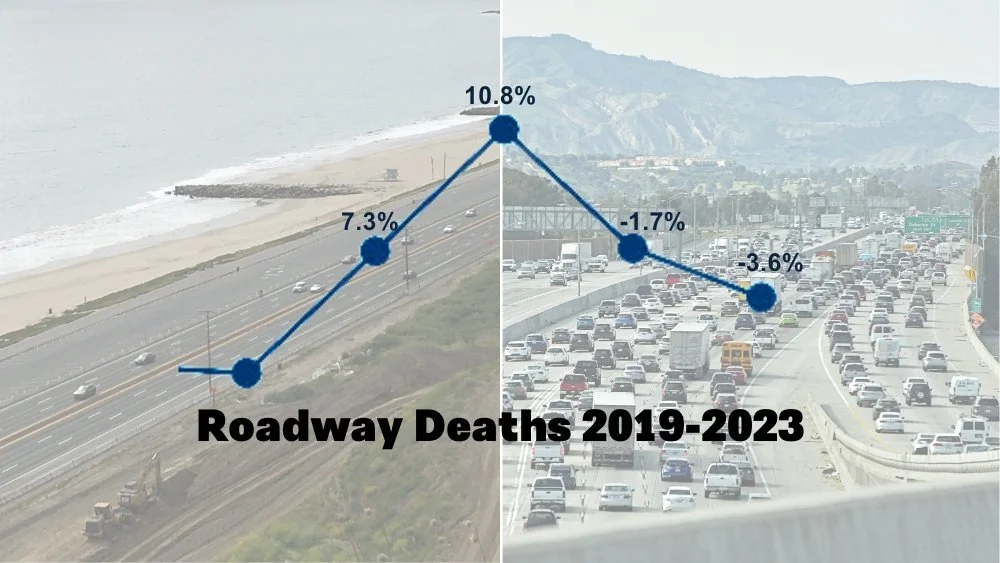A couple of weeks ago, Chuck did a Q&A about how the book “Abundance” differs from the Strong Towns approach. There were some good questions, so we’ve consolidated his answers here.
Read MoreIt’s easy to get angry or check out when faced with your place’s continued decline. That doesn’t mean you should stop fighting for it.
Read MoreIt comes down to stewardship, empathy, and humility.
Read MoreAbundance looks to reform from above. We think you shouldn’t wait for permission.
Read More"Jane Jacobs ends through Robert Moses means" is the modus operandi of many planners and advocates. It's also a total misunderstanding of both the brilliance of Jacobs and the shortcomings of Moses.
Read MoreWe’re not just looking at a future where cities can’t count on federal support. We’re facing one where Washington itself might be powerless to intervene, even if it wanted to.
Read MorePrograms that rely on federal subsidies eventually collapse—or hollow out in slow motion. That doesn’t mean we should fight harder to protect those subsidies. It means we should build towns that don’t need them.
Read MoreThe real liability isn’t doing something and getting blamed. It’s doing nothing and letting someone else die. You're protected. So do something.
Read MoreIf we’re serious about housing affordability, we can’t just count units. We have to care about where and how we build.
Read MoreWhen you recognize that things are broken, you have two options. You can wait helplessly for someone else to fix them, or you can start rebuilding the systems closest to you.
Read MoreFragile cities are overextended, under-resourced, and deeply dependent on decisions made far away. Here’s what that looks like.
Read MoreCities slide into insolvency not with a dramatic collapse, but with a slow, steady drift into financial fragility.
Read MoreEvery few years, the American Society of Civil Engineers releases its Infrastructure Report Card. Let’s be clear about what this report card actually is: industry propaganda, not unbiased analysis.
Read MoreDespite assertions to the contrary, a city's budget is almost exactly like a family budget.
Read MoreCities across North America are financially imploding—not because of a lack of growth, but because of the pattern of growth itself. Few cities illustrate this pattern as vividly as Houston, Texas.
Read MoreThe Finance Decoder reveals the long-term trends hidden behind annual balanced budgets. For Kansas City, those trends are deeply problematic.
Read MoreMany people think that increased efficiency and economies of scale in the housing market are the key to affordability. However, these benefits are not actually appearing. We do need innovation, but not in the form of new interest rate manipulations or complex securitization schemes.
Read MoreThe Trump administration’s elimination of congestion pricing was shortsighted, but NYC’s congestion pricing was deeply flawed from the start. If congestion pricing is ever going to work as intended, it needs to be revamped with the right priorities.
Read MoreFlorida is celebrating reduced crash fatalities and injuries. But is this decline real, or is it simply a return to pre-COVID conditions? We have to answer this question before declaring victory. Otherwise, we risk learning all the wrong lessons.
Read MoreA new order from the U.S. Department of Transportation is proposing a different approach to transportation spending. If implemented, it could deliver long-overdue reforms, the kind Strong Towns has long supported. However, the specifics raise serious concerns.
Read More



















